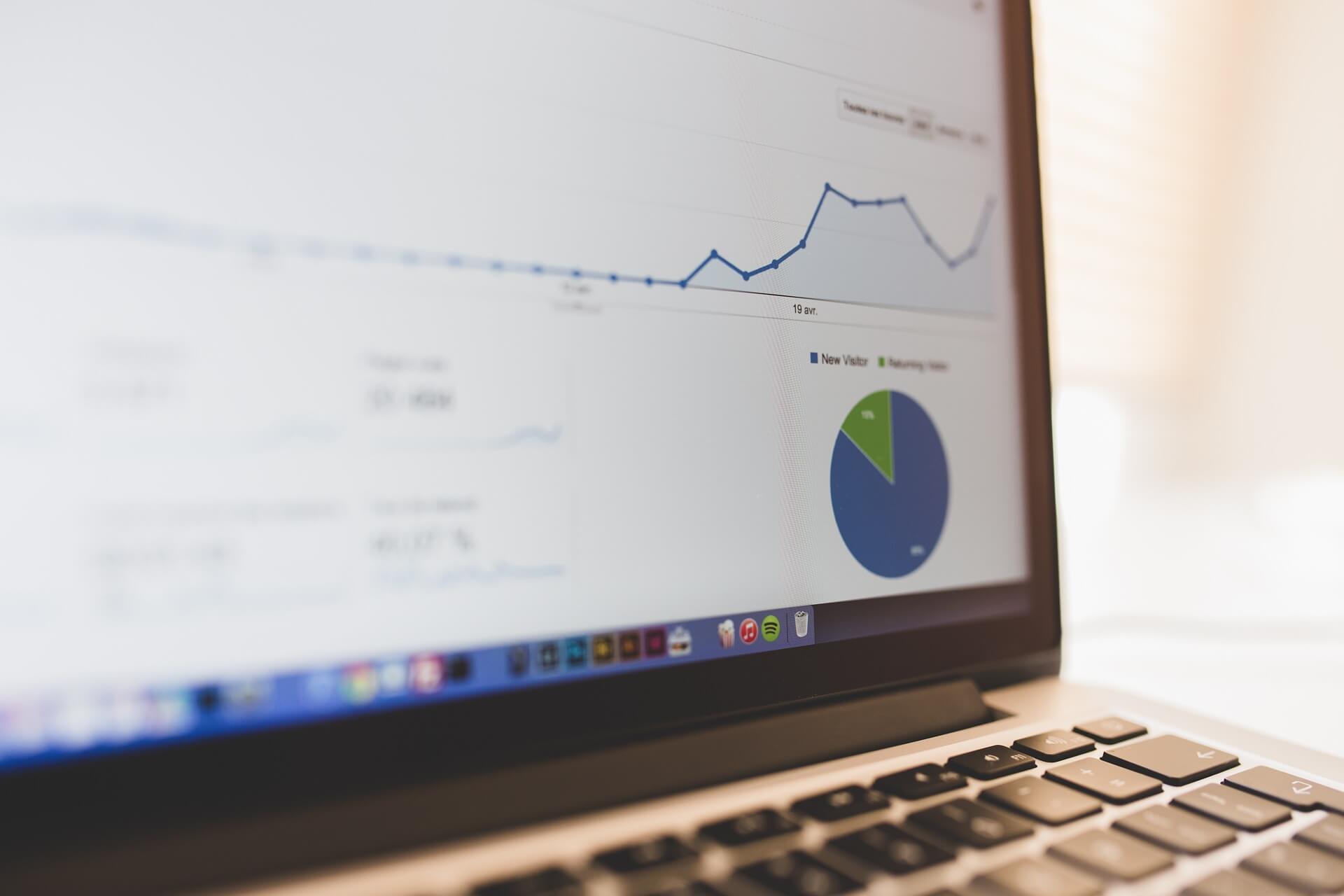SEO or PPC?
If you’re running a business and only doing one of the above, it’s important to understand that whilst both essentially have similar objectives, it’s worth doing both. SEO and PPC are both intended to increase traffic and views on your website, lower conversion costs and also raise conversion rates, but they do it in different ways. And they can work together.
What are the main differences between SEO and PPC?
PPC is a paid strategy, where businesses pay to place adverts on different platforms, from Google AdWords to Facebook and Youtube, driving traffic back to relevant landing pages on their websites.
SEO uses on and off-page optimisation (such as keywords, metadata and site structuring) to convince search engines of the website’s relevance in order for it to rank.
Integrating SEO and PPC: how to do it and the benefits
Properly done, integrating SEO and PPC should lead to an increase in organic traffic, increased clicks through paid ads, savings on your overall ad spend and increased online sales (if that’s your goal). The key is to share information. PPC will get a user to your website, but it’s good quality, relevant SEO content that keeps them there. But testing PPC ad content and using the best-performing ads to influence your content strategy helps, too. If a certain demographic is responding well to a certain ad, that should be taken into account on the sections of your site where that demographic lands and could convert.
It’s also important to share keywords. Although SEO and PPC keywords affect users at different stages in the sales funnel, they’re just as integral to the success of both. With the increase in the volume of online voice search, long tail keywords and phrases are becoming more popular as searches become more natural, so combining these in both your SEO and PPC strategies can help create a more coordinated message at every stage in the funnel.
And perhaps one of the most obvious benefits of combining SEO and PPC strategies is added exposure on search engine results pages (known as SERPs). Lots of businesses get tempted to stop bidding on keywords if they’re already naturally ranking first for a particular search term. However, it’s important to remember that on most search engines, there can be up to three paid ads at the top.

So even if you’re ranking well organically, it’s important to bid on your search terms and make sure you dominate the results page - and that your organic excerpt matches your paid ad for consistency.
In summary, what you might want to adopt a combination of both SEO and PPC as both provide added value. Consider PPC a high-performance method for getting eyes on your short term marketing goals, whilst SEO can act as your longer-term drive for brand authority. And above all, consistency is key. Don’t be afraid to get in touch with a member of our team if you have further questions or would like to discuss further.